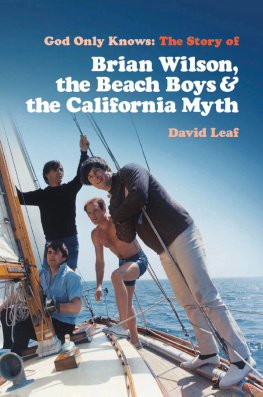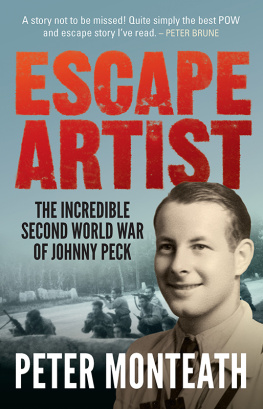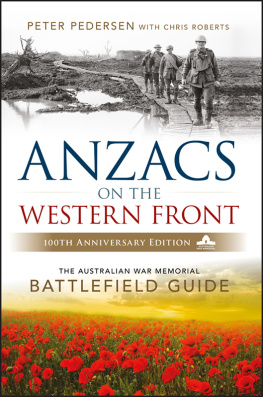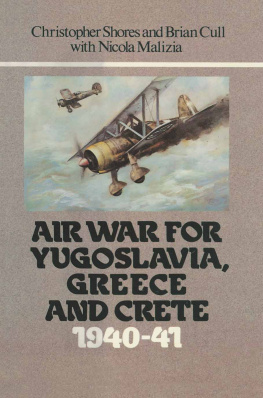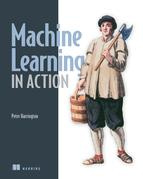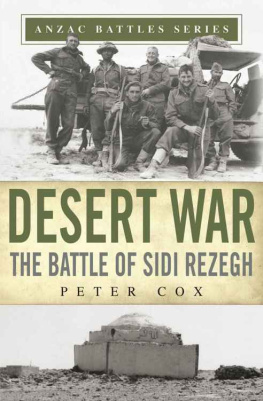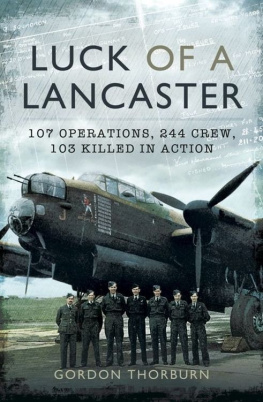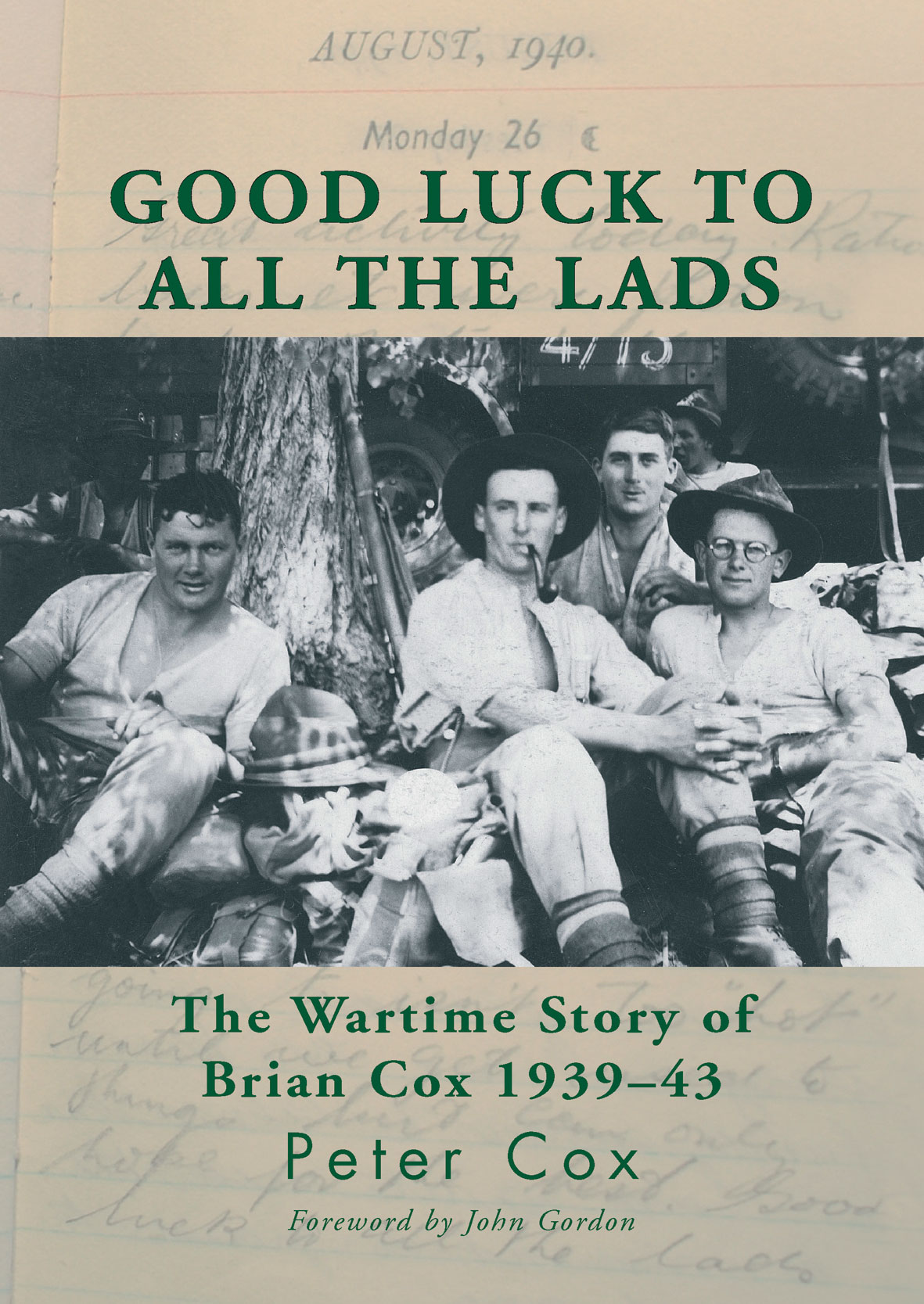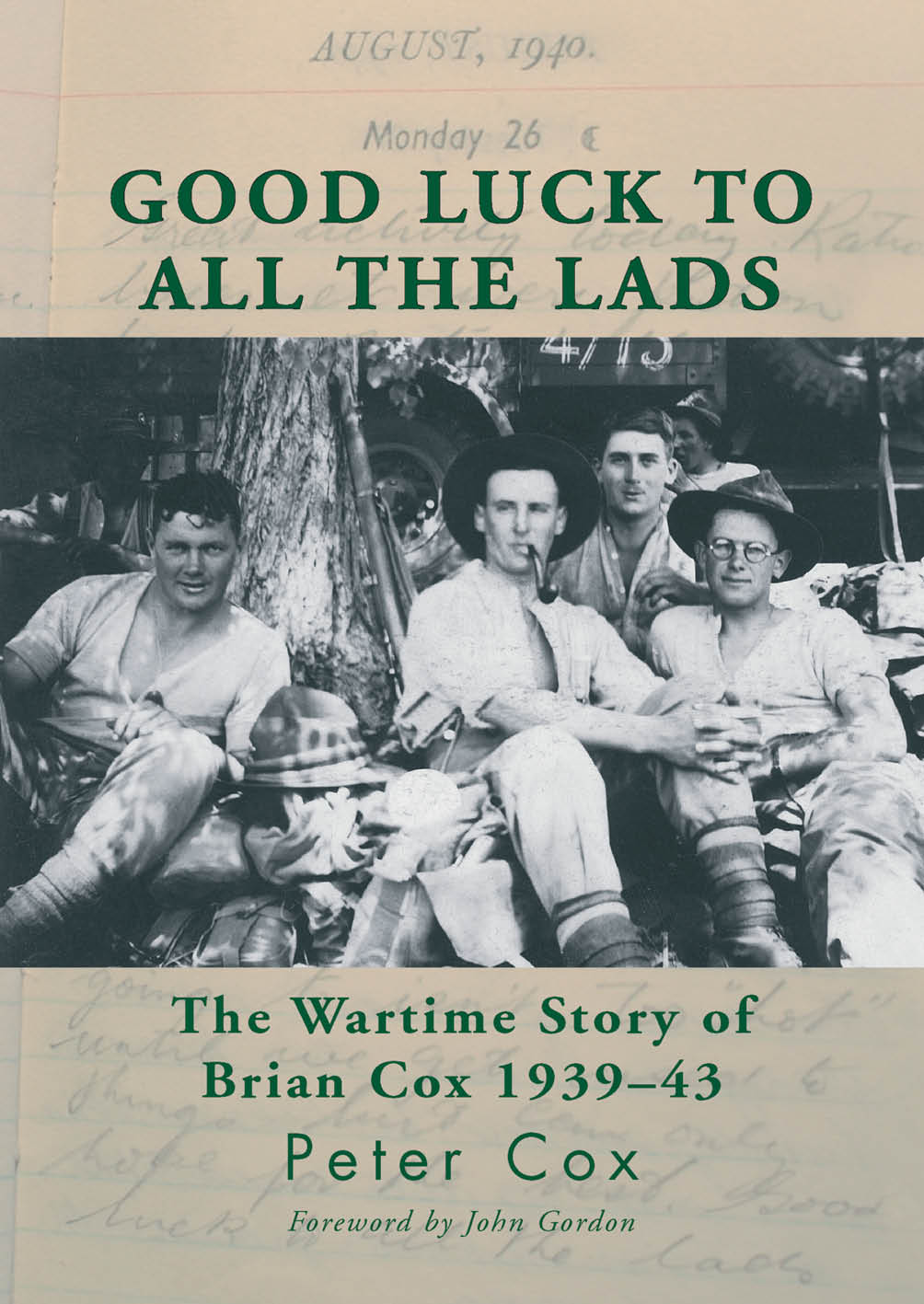Good Luck To
All The Lads

The Wartime Story of
Brian Cox 193943
Peter Cox
Foreword by John Gordon
J.J. Angerstein & Associates Ltd
F or my father, Brian Cox, the lads of 9 Platoon and all the
N elson College boys who served in the Second World War
Published by J.J. Angerstein & Associates Ltd
P.O. Box 1263
Christchurch
New Zealand
Text copyright Peter Cox 2008
Photographs and maps copyright as attributed
First published 2008
The author has asserted his moral rights in the work.
This book is copyright. Except for the purposes of fair reviewing, no part of this publication (whether it be in any eBook, digital, electronic or traditionally printed format or otherwise) may be reproduced or transmitted in any form or by any means, electronic, digital or mechanical, including CD, DVD, eBook, PDF format, photocopying, recording, or any information storage and retrieval system, including by any means via the internet or World Wide Web, or by any means yet undiscovered, without permission in writing from the publisher. Infringers of copyright render themselves liable to prosecution.
ISBN 978-1-77559-219-8
Edited by Anna Rogers
Original design by Quentin Wilson
Ebook by www.bookdesign.co.nz

Front cover photo: Bill Andrew, Des Ralfe, Laurie Martin and Brian Cox, relaxing on the banks of the Nile in 1940.
Cox Family

Contents
Acknowledgements

I am extremely grateful to the many people who have supported and encouraged this project, especially my mother, Peggy, for passing on her memories of my fathers life, both in and out of the army; my family, Robin, Rebecca and David, for their interest and encouragement, and a special thanks to Robin for suggesting the trip to retrace Brians wartime journey; and the Nelson College Old Boys Association for their enthusiasm and support, particularly the president, John Towns, and his wife Glen, and Gina Fletcher.
A number of 27 (Machine Gun) Battalion men, and their families, provided valuable assistance and support. I thank the late Maurice Alborough and his son Bruce; the late Jack Midgley and his son John; and Bill Webb. David Beckingham provided details about his father, Gordons, war history and allowed me access to his collection of photographs. He also gave invaluable assistance with the illustrations for this book. Andrew Johnstone gave me details of his father, DTs, war history, a copy of his fathers army personnel file and access to his fathers photographs. Tom and Jeane Sherlock gave me considerable encouragement and provided introductions to some of the battalion men. John Black passed on his memories of my father and assisted with photographs. He and his wife Daphne were most helpful. Their daughter Stephanie Handley also gave me photographs.
Cecil (Doddy) Dodson shared his memories of my father and his own war history, and photographs. It is not hard to understand why Doddy was Brians damn good pal. My thanks, also, to Cecils nephew, John, and his wife Marilyn.
Special thanks to Phil Hammond, for his hospitality and friendship, and for sharing his many memories, and photographs, of Brian and 9 Platoon. Without Phils power of recall, this book would never have happened. Many thanks also to Phils family, Wayne, Dianne and Bunty, for their interest and encouragement.
My gratitude, also, to John Gordon for contributing the foreword and, with his partner Kereyn Smith, for their interest and support throughout this project; to Anna Rogers for her interest and expertise in the editing and production of the book; and to Quentin Wilson for his help and craftsmanship in the design and layout.
Finally, although every effort has been made to ensure the accuracy of information, the passage of time and, in some cases the conflicting material in records, means that there may be some inaccuracies. If errors do exist, the responsibility is mine, and I apologise. Similarly, Brians records contain many photographs, but it is possible that these were someone elses and he was given copies. My apologies if I have inadvertently failed to acknowledge anyones photographs.
Foreword

John Gordon
I grew up in a post-Second World War world where phrases such as he was overseas or when he was away were commonplace. In most cases, though, all we knew was that these returned men had served, not how. So many of us with fathers who had been away wondered what they had done. My father didnt return, so outside the official records the time-honoured question remains unanswered. There was little difference, however, for the many sons whose fathers did come back.
I sense that Peter Cox may never have asked his father, Brian, what he did in the war. Apart from occasional references to the lighter moments, Brian didnt talk about his experience. It may seem unfair that many veterans werent able to reminisce with their families. But, quite simply, they had been through times which, rightly or wrongly, they didnt want to relive. So the war went off limits.
Some time after his father died, however, what Brian had done in the war became important to Peter. Thanks to his research and perseverance, along with Brians diaries and the reminiscences of his fellow machine gunners, much was revealed, and this very personal story lies within the following pages. And though Brian Cox is the axle around which the story revolves, its also about his mates, the legendary Second New Zealand Division, and the war it was formed to fight.
Brians part in both the Div and the war was almost entirely within 9 Platoon, 3 Company, 27 (Machine Gun) Battalion, with whom he fought in the Greek campaign and most of the North African battles. As much as possible, the action, the between-battle boredom and the odd escapade in Cairo are seen through Brians eyes and those of the men he served with. And though there are scary moments, close shaves and touches of black humour, theres no bravado in the telling. A consistent air of humility is very much part of this books charm.
Another important element in Peter and Brians book is the way it reveals how a young man from provincial New Zealand, like many thousands of others, in a process of assimilation and perspiration, became a soldier on overseas service. After some four years in uniform Brian returned, put on civvies and became what his son describes as a quiet accountant. Peter, too, fits that description. Just as quietly, he has produced, for his family and for the families of Brians mates, a record that he should be very proud of. Without fanfare, tells the story of a unit and of a man who, like so many others, regarded his war as the hidden years.



